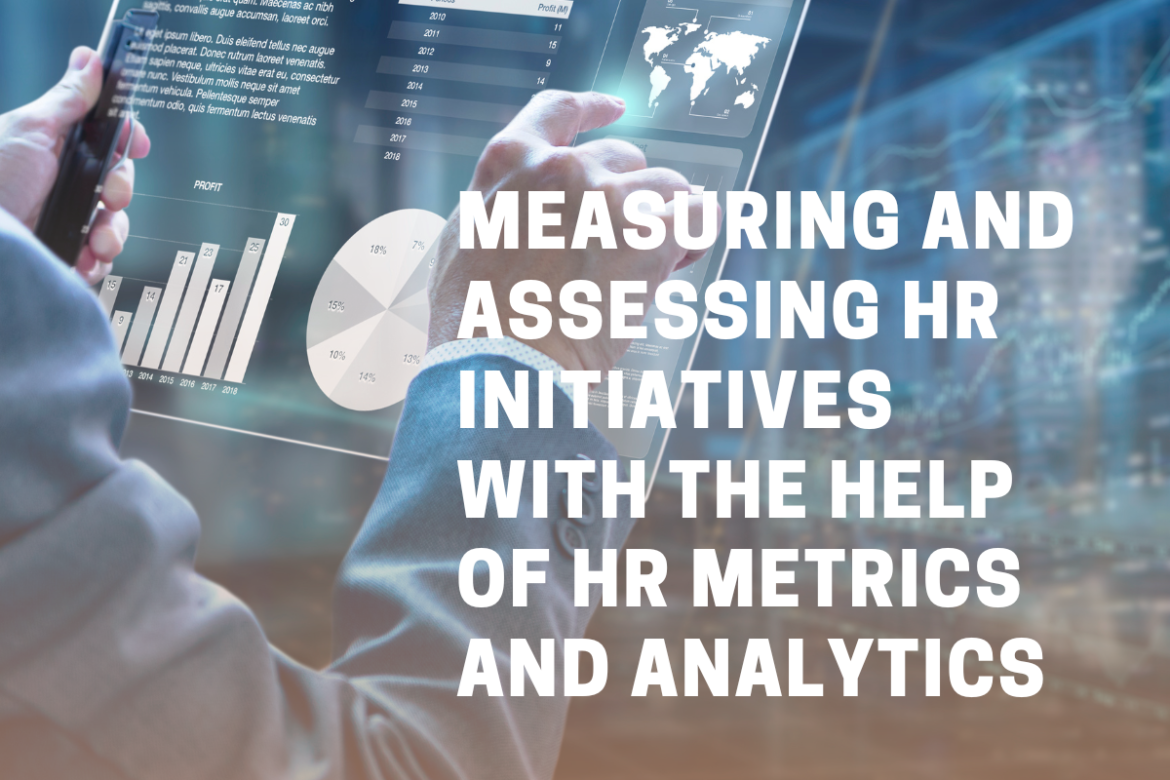- Introduction to HR Metrics and Analytics: An overview of the importance of metrics and analytics in the HR field and how they contribute to evidence-based decision-making.
- Key HR Metrics: Identifying and defining the essential HR metrics that organizations should track, such as turnover rate, employee engagement, time-to-fill, cost-per-hire, and absenteeism rate.
- Choosing the Right HR Metrics: Factors to consider when selecting metrics, including alignment with organizational goals, relevance, reliability, and measurability.
- Data Collection and Analysis: Strategies for collecting HR data, ensuring data quality and integrity, and employing various analytical techniques to interpret and derive insights from the data.
- Benchmarking HR Metrics: Understanding the significance of benchmarking HR metrics against industry standards and best practices to gauge performance and identify areas for improvement.
- Linking HR Metrics to Business Outcomes: Establishing the connection between HR metrics and broader business outcomes, such as productivity, profitability, customer satisfaction, and innovation.
- Predictive Analytics in HR: Exploring how predictive analytics techniques can be used to forecast future HR trends, anticipate talent needs, and make proactive decisions.
- Evaluating HR Initiatives: Applying HR metrics and analytics to assess the effectiveness and impact of HR initiatives such as training programs, performance management systems, diversity and inclusion efforts, and employee engagement initiatives.
- Reporting and Visualizing HR Metrics: Techniques for effectively communicating HR metrics and insights through clear and visually appealing reports and dashboards that facilitate understanding and decision-making.
- Overcoming Challenges in HR Analytics: Addressing common challenges in HR analytics, including data privacy and security, data integration, technology limitations, and ensuring data-driven decision-making across the organization.
- Ethical Considerations in HR Analytics: Discussing ethical considerations and best practices when using HR metrics and analytics, including maintaining employee privacy, avoiding bias, and promoting transparency and fairness.
- Continuous Improvement and Iteration: Emphasizing the importance of continuously reviewing and refining HR metrics and analytics processes to align with evolving business needs and HR strategies.
By exploring these topics, HR professionals can gain valuable insights into the effectiveness of their initiatives, make data-driven decisions, and contribute to the overall success of their organizations.

